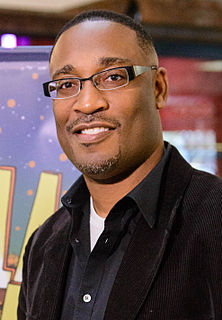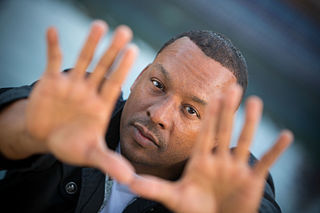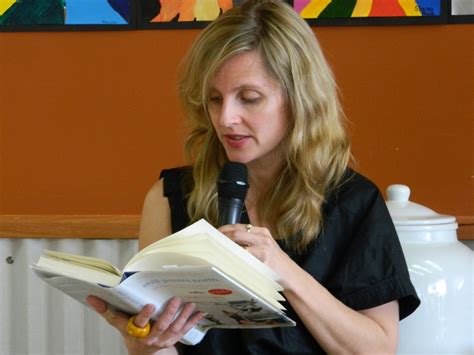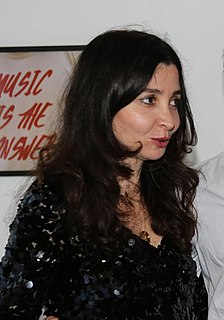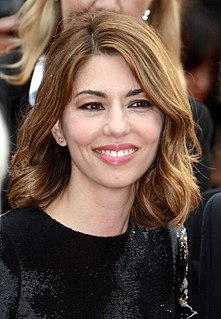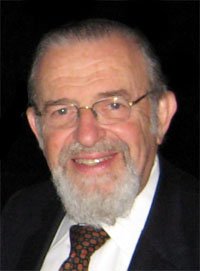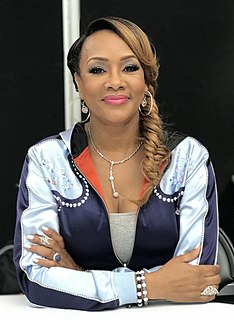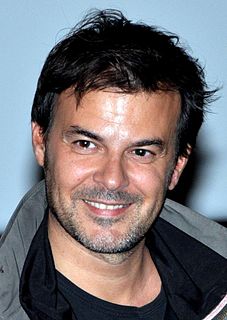A Quote by George Tillman, Jr.
I wanted to make a movie about a black family in Middle America. I wanted to make a film where everyone can look at them and say, 'This is my family.'
Related Quotes
Being a black filmmaker, one of the things I wanted to do with the movie is make sure I told it from a different perspective. I wanted to take myself out of it as a black male. I wanted to look at this movie through the eyes of Tully, to understand what he was thinking, and feel what he was feeling as much as I could.
If you're going to compare a middle-income black kid with a middle- income white kid, and, say, you control for family background, family education, and family income, and if this middle-income black kid doesn't score as well as the white kid on the test, then I say, look, you haven't taken into consideration the cumulative effect of living in a segregated neighborhood and going to a de facto segregated school. You're denying a position at Harvard or some other place to a kid that really could make it. That's why I support affirmative action that's based on both class and race.
When I was growing up, all the films about teenagers were played by Tony Curtis or John Cassavetes when they were 27, 28 years old. We would see these teenage movies in the theaters and I would say, "They don't look like they're my age at all." So I wanted to make a movie that was real and I wanted to make a movie that wasn't about me.
There are many stories of people didn't set out to make a film that became a classic - the whole process was a disaster, everybody hated each other, the movie itself was a disaster, everybody thought the movie and the script was going to be a piece of crap. Look at Alfred Hitchcock and Psycho. Nobody wanted to make Psycho; it was crap to them. The only person that wanted to make Psycho was Hitchcock. Now, it's considered a classic and a work of art.
I wasn't in a position that some other memoirists are, dealing with families who fed them meth, or kidnapped them, or did something that would make the writer not want to see that family again. I wanted to see my family. I wanted to celebrate them. I was proud of who we were, in the wilderness, floating down rapids or hiking over glaciers, and everywhere else.
It really has been a blessing because you can go and look at our other movies we've done in a studio system. We didn't get to make the movie that we wanted to make. We made the movie that someone else wanted us to make. That can be a little disheartening, a lot disheartening. While there have been struggles, it doesn't matter which table you're at because you're going to have obstacles, but I kind of like being able to make the movie that you want to make.
I'm a film guy. I love it. When I read the screenplay, I knew that there would be no HD camera that could achieve the look that I wanted for this film. I wanted it to be dirty, and 16mm provides all of that with the look and the grain. That's what I worked for, and that's what I wanted, and that's how I'd seen the movie in my mind.
There is something about this process, and about the whole 8 x 10 [camera] business, that takes it out of the arena of the snapshot, even though, of course, I'm always desperate for that feeling. I wanted those family pictures to look effortless. I wanted them to look like snapshots. And some of them did.
I felt like it was a courageous show [Black-ish] from the beginning. We are a black family - we're not a family that happens to be black. But the show is not even about us being black. The show is about us being a family. That is groundbreaking - on TV, the black characters either happen to be black or they're the "black character," where everything they say is about being black. I think that's the genius.
I didn't want to make Young and Beautiful as very dramatic movie . In a certain way, I wanted to do a girly film. I wanted to make something sweet, pink. With a boy it was too dramatic and too heavy. I had a lot of pleasure with the boys in In the House, I said, "This time I will do a film with girls."
